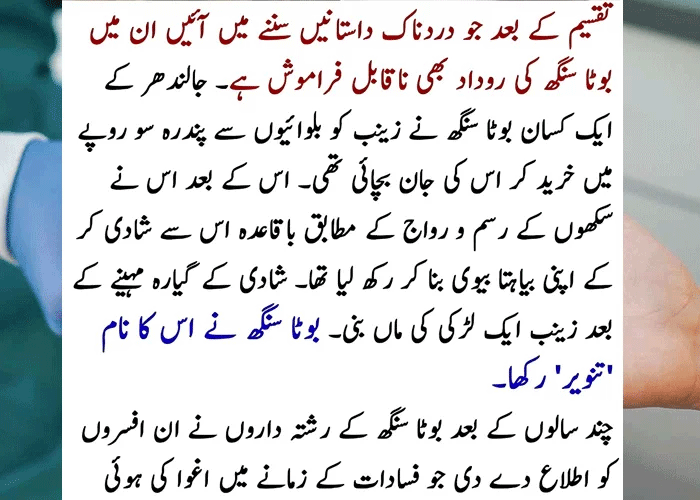
Piles, or hemorrhoids, refer to swollen and inflamed veins in the rectum and anus. They can occur internally or externally, depending on their location. Internal piles develop inside the rectum, while external piles form under the skin around the anus. Piles can be categorized based on their severity: grades 1 and 2 are considered mild, while grades 3 and 4 are more severe and may require medical intervention.
Causes of Piles
Several factors contribute to the development of piles:
Strain During Bowel Movements: Chronic constipation or diarrhea can lead to straining during bowel movements, exerting pressure on the rectal area and causing veins to swell.


Pregnancy: The increased pressure on the pelvic veins during pregnancy can cause hemorrhoids to develop.
Obesity: Being overweight or obese puts extra pressure on the pelvic region, potentially leading to the formation of piles.
Sedentary Lifestyle: Lack of physical activity can impair circulation and increase the risk of developing hemorrhoids.
Genetics: Some individuals may be predisposed to developing piles due to genetic factors.


Symptoms of Piles
Recognizing the symptoms of piles is crucial for timely intervention. Common signs and symptoms include:
- Rectal bleeding during bowel movements
- Itching or irritation in the anal region
- Pain or discomfort, especially during sitting or bowel movements
- Swelling or a lump near the anus
- Mucus discharge after bowel movements
Treatment Options
The treatment approach for piles depends on their severity and individual circumstances. Here are some commonly employed treatment options:
Lifestyle Modifications: Adopting a high-fiber diet, staying hydrated, and engaging in regular physical activity can help alleviate symptoms and prevent the recurrence of piles.
Over-the-counter Medications: Topical creams, ointments, or suppositories containing hydrocortisone or witch hazel may provide relief from itching, pain, and inflammation.
Sclerotherapy: This minimally invasive procedure involves injecting a chemical solution into the swollen veins to shrink them.
Rubber Band Ligation: In this procedure, a small rubber band is placed around the base of the hemorrhoid, cutting off its blood supply and causing it to shrink and fall off.
Hemorrhoidectomy: For severe cases or persistent symptoms, surgical removal of hemorrhoids may be necessary.
Home Remedies
In addition to medical treatments, several home remedies can help alleviate discomfort and promote healing:
Warm Sitz Baths: Soaking the anal area in warm water for 10 to 15 minutes several times a day can provide relief from pain and inflammation.
High-Fiber Diet: Consuming plenty of fiber-rich foods such as fruits, vegetables, whole grains, and legumes can soften stools and ease bowel movements, reducing strain on the rectal area.
Hydration: Drinking an adequate amount of water throughout the day helps prevent constipation and maintains soft stools.
Topical Applications: Applying cold packs or witch hazel pads to the affected area can help reduce swelling and discomfort.
Good Hygiene Practices: Keeping the anal area clean and dry, and using gentle, unscented wipes or mild soap after bowel movements can prevent irritation and infection.
FAQs About Piles:
1. Can Piles Cause Big Problems?
While piles aren’t usually dangerous, they can cause problems if you don’t treat them. Sometimes, a blood clot can form in an external pile, causing severe pain and swelling. Piles can also lead to anemia, which makes you feel weak and tired. If you have lots of pain, bleeding, or signs of infection, it’s important to see a doctor.
3. Can Certain Foods Make Piles Worse?
Some foods can make piles hurt more. Spicy foods, alcohol, caffeine, and citrus fruits might make your digestive system upset and make your piles worse. Paying attention to how your body reacts to different foods can help you feel better.
4. Can Piles Make It Harder to Have a Baby?
Piles don’t make it harder to get pregnant, but they can make pregnancy uncomfortable. During pregnancy, the extra weight on your belly can make piles hurt more. Piles usually get better after you have your baby, but if they don’t, you should see a doctor.
5. Can Piles Be a Sign of Cancer?
Piles and colorectal cancer can both cause bleeding from the bottom, but they’re not the same thing. However, if you’re bleeding a lot, it’s important to see a doctor. They can do tests to make sure it’s not something serious like cancer. Finding cancer early can help you get treatment and feel better.
Hemorrhoids, though often ignored, can be uncomfortable and disrupt daily life. Knowing what causes them, their symptoms, and how to treat them is important. Whether it’s through changing habits, using medicines, or trying home remedies, people can ease the discomfort and feel better. If symptoms persist or get worse, it’s important to see a doctor for the right diagnosis and treatment. By talking openly about hemorrhoids, we can help people manage their health better and feel more in control.






